
The Y Combinator Experience: Lessons for Accelerating Your Product Development
Learn how the Y Combinator experience can accelerate your product development and transform your startup's success.
Ever thought about how some startups seem to leapfrog ahead in product development? As someone who's navigated the Y Combinator experience, I've gathered insights that can help you fast-track your own product journey. Let's dive into the lessons that can transform your startup's trajectory.
Understanding the Y Combinator Ethos
What Makes Y Combinator Unique?
Y Combinator isn't just an accelerator; it's a bootcamp for startups. The program instills a mindset focused on rapid iteration and user-centric development. It's all about building something people want, and doing it quickly.
The Power of a Committed Community
Being part of the Y Combinator community means you're surrounded by like-minded entrepreneurs. This network offers invaluable feedback, support, and connections that can propel your startup forward.
Lessons Learned for Accelerating Product Development
Prioritize User Feedback Above All
- Engage Early and Often: Don't wait for a polished product to seek user opinions.
- Iterate Based on Real Data: Use feedback to make informed decisions, not assumptions.
Embrace the Minimum Viable Product (MVP)
An MVP allows you to test your core idea with minimal resources. It's a cornerstone of the Y Combinator approach to validate concepts quickly.
- Focus on Core Features: Identify what's essential and strip away the rest.
- Test and Learn: Use the MVP to gather data and refine your product accordingly.
Time is Your Most Valuable Resource
In the startup world, speed can make the difference between success and failure.
- Set Aggressive Milestones: Push yourself to achieve more in less time.
- Avoid Perfectionism: Done is better than perfect when time is of the essence.
Building the Right Team
Hire for Passion and Adaptability
Your team should be as committed to your vision as you are.
- Cultural Fit Matters: Skills can be taught; passion can't.
- Flexible Roles: In early-stage startups, team members often wear multiple hats.
Leverage Experienced Partners
Sometimes, you need external expertise to fill gaps in your team.
- Consult with Experts: Don't hesitate to seek advice from those who've been there.
- Consider Staff Augmentation: Bringing in experienced engineers can accelerate development without long-term commitments.
Navigating Challenges During Acceleration
Managing Limited Resources
Startups often operate with tight budgets and small teams.
- Optimize Your Workflow: Use tools and processes that enhance efficiency.
- Outsource When Sensible: Focus on your strengths and outsource other tasks to trusted partners.
Staying Agile in a Rapidly Changing Market
The market doesn't wait, and neither should you.
- Monitor Trends: Keep an eye on industry shifts that could impact your product.
- Be Ready to Pivot: If the data suggests a change in direction, be prepared to act swiftly.
The Role of Mentorship and Networking
Learning from Industry Veterans
Mentors can provide guidance that shortcuts your learning curve.
- Seek Regular Feedback: Constructive criticism is a growth catalyst.
- Build Genuine Relationships: Networking isn't just about business cards; it's about meaningful connections.
The Value of Peer Support
Your startup peers can be a source of encouragement and advice.
- Join Founder Groups: Sharing experiences can provide new perspectives.
- Collaborate When Possible: Partnerships can open doors to new opportunities.
Understanding the Y Combinator Experience
More Than an Accelerator
Y Combinator isn't just an accelerator program; it's a crucible for startup innovation. The experience compresses years of learning into a few intense months, pushing founders to focus, iterate, and execute with unparalleled speed.
- Intense Focus: YC teaches you to hone in on what truly matters—building something people want.
- Rapid Iteration: The program emphasizes quick cycles of build-measure-learn to refine your product continually.
- Community Support: You're surrounded by fellow entrepreneurs who are as ambitious and driven as you are.
The YC Philosophy on Product Development
At its core, Y Combinator instills a philosophy that's all about action.
- Default to Action: Don't overthink; start building and adjust as you go.
- Embrace Failure: Each misstep is a learning opportunity.
- User-Centric Approach: Every decision should be anchored in delivering value to the user.
Key Lessons for Accelerating Product Development
Start with a Strong Problem Statement
Before you write a single line of code, make sure you're solving a real problem.
- Identify Pain Points: Talk to potential users to understand their challenges.
- Validate the Problem: Ensure that the problem is significant enough to warrant a solution.
Build a Minimum Viable Product (MVP)
An MVP is not about launching a half-baked product; it's about delivering core value quickly.
- Essential Features Only: Strip your product down to the features that solve the primary problem.
- Gather User Feedback: Use the MVP to collect data on user interactions and preferences.
- Iterate Quickly: Refine your product based on real-world usage, not assumptions.
Time Management is Crucial
In the startup world, timing can be everything.
- Set Clear Milestones: Break down your goals into achievable tasks with deadlines.
- Avoid Analysis Paralysis: Make decisions swiftly to keep the momentum going.
- Leverage Tools and Automation: Use project management and development tools to streamline workflows.
Building an Agile Team
The Right People in the Right Roles
Your team can make or break your startup.
- Hire for Versatility: Early-stage startups need team members who can wear multiple hats.
- Prioritize Cultural Fit: A cohesive team works more efficiently.
- Invest in Training: Equip your team with the skills they need to adapt and grow.
Foster a Collaborative Environment
An open and communicative team accelerates problem-solving.
- Regular Stand-Ups: Keep everyone aligned on daily goals and challenges.
- Transparent Communication: Encourage sharing of ideas and constructive feedback.
- Celebrate Small Wins: Recognize achievements to boost morale and motivation.
Leveraging External Resources
The Power of Mentorship
Guidance from experienced entrepreneurs can shortcut your learning curve.
- Seek Out Advisors: Find mentors who have expertise in your industry.
- Be Coachable: Openness to feedback is essential for growth.
- Act on Advice: Implement the insights you gain to see real progress.
Utilizing Partnerships and Agencies
External partners can fill gaps in your capabilities.
- Specialized Expertise: Agencies can offer skills that your team lacks.
- Scalable Resources: Adjust the level of support as your needs evolve.
- Cost-Effective Solutions: Outsourcing can be more economical than in-house hires for certain tasks.
Navigating Common Challenges
Managing Limited Funding
Budget constraints are a reality for most startups.
- Prioritize Spending: Allocate funds to areas that directly impact product development.
- Bootstrap When Possible: Find low-cost or free solutions to meet your needs.
- Measure ROI: Track the return on every investment to ensure efficient use of resources.
Overcoming Technical Debt
Fast development can sometimes lead to technical compromises.
- Balance Speed with Quality: Write code that is good enough for now but plans for future improvements.
- Regular Refactoring: Set aside time to clean up code and reduce technical debt.
- Documentation: Keep records to make future development smoother.
Embracing a Growth Mindset
Continuous Learning
The market evolves, and so should you.
- Stay Informed: Keep up with industry trends and technological advancements.
- User Analytics: Regularly analyze user behavior to inform product decisions.
- Feedback Loops: Establish mechanisms for ongoing user and employee feedback.
Adaptability is Key
Being rigid can be detrimental in a fast-paced environment.
- Be Open to Pivoting: If something isn't working, don't be afraid to change direction.
- Test New Ideas: Encourage experimentation within your team.
- Respond to Market Shifts: Stay agile to capitalize on new opportunities.
The Importance of a Supportive Community
Networking Within the Startup Ecosystem
Connections can open doors you didn't know existed.
- Attend Events: Engage in conferences, meetups, and webinars.
- Join Online Communities: Participate in forums and social media groups relevant to your industry.
- Collaborate: Partner with other startups for mutual benefit.
Mental and Emotional Well-being
Startup life is stressful; taking care of yourself is non-negotiable.
- Work-Life Balance: Set boundaries to prevent burnout.
- Mindfulness Practices: Techniques like meditation can improve focus and resilience.
- Seek Support: Don't hesitate to reach out to mentors or peers when things get tough.
Scaling Your Product Post-YC Experience
Preparing for Growth
Once you've validated your product, it's time to scale.
- Optimize Infrastructure: Ensure your technology stack can handle increased load.
- Automate Processes: Use automation to maintain efficiency as you grow.
- Customer Retention Strategies: Keep existing users engaged while acquiring new ones.
Attracting Investors
Funding can accelerate your growth plans.
- Solid Pitch Deck: Clearly communicate your vision, traction, and potential.
- Demonstrate Metrics: Show key performance indicators that matter to investors.
- Build Relationships: Investor trust is often built over time, so start early.
Real-World Success Stories
Startups That Accelerated with YC Principles
- Dropbox: Focused on user-centric design and rapid iteration to dominate cloud storage.
- Airbnb: Leveraged community feedback to refine their platform and disrupt the hospitality industry.
- Stripe: Prioritized developer-friendly tools, enabling quick adoption and scaling.
How Horizon Labs Has Applied These Lessons
At Horizon Labs, we've helped startups like Flair Labs and Bloom implement YC principles to accelerate their product development.
- Flair Labs (YC S22): Assisted in delivering a production-ready AI application swiftly.
- Bloom (YC W21): Built a new API initiative efficiently, meeting tight deadlines and budgets.
The Y Combinator experience offers invaluable lessons for any startup aiming to accelerate product development. By focusing on user needs, embracing rapid iteration, building the right team, and leveraging external resources, you can significantly enhance your product's journey from concept to market leader.
Why Horizon-Labs.co is Your Ideal Product Development Partner
If you're looking to fast-track your product development without the typical engineering headaches, Horizon-Labs.co is here to help. We understand the challenges startups face and offer tailored solutions to overcome them. Our team combines YC experience with technical expertise to build products that resonate with your customers.
Let's collaborate to make your tech better, faster, and more cost-effective than the competition. Email us at info@horizon-labs.co or schedule a call at https://www.horizon-labs.co/contact to get started.
Frequently Asked Questions (FAQs) about The Y Combinator Experience:
Q: How does the Y Combinator application process impact product development speed?
A: The Y Combinator application process encourages startups to clearly define their value proposition and roadmap. By answering pointed questions about your product and market, you're forced to crystallize your ideas, which can accelerate development even before the program begins.
Q: What unique resources does Y Combinator provide to help accelerate product development?
A: Y Combinator offers access to a network of alumni, expert mentors, and workshops that cover technical and business aspects of product development. These resources provide actionable insights and shortcuts that can significantly speed up your development process.
Q: How does the cohort model in Y Combinator contribute to faster product iteration?
A: Being part of a cohort means you're surrounded by peers who are also rapidly developing their products. This environment fosters healthy competition and collaboration, pushing you to iterate faster and share valuable feedback with each other.
Q: Can participating in Y Combinator help with international market expansion?
A: Yes, Y Combinator has a global network that can facilitate introductions to international markets. Mentors and alumni with experience in different regions can offer guidance on localization, legal considerations, and market-specific strategies to accelerate your global reach.
Q: What role does Demo Day play in accelerating product development?
A: Demo Day is a pivotal event where startups present to a large audience of investors. The impending deadline creates a sense of urgency that drives teams to refine their products and pitches rapidly, ensuring they showcase the best version of their product to potential backers.
Q: How does Y Combinator support startups in scaling their technology infrastructure quickly?
A: Y Combinator provides technical advisement on scalable architectures and can connect you with experts in cloud services, database management, and other critical areas. This support helps you build a robust infrastructure that can handle rapid user growth without compromising performance.
Q: Is it possible to replicate the Y Combinator acceleration model without joining the program?
A: While Y Combinator offers a unique ecosystem, you can adopt similar principles independently. Focus on rapid iteration, seek mentorship, engage with a community of entrepreneurs, and set aggressive milestones to simulate the acceleration effect.
Q: How important is networking within Y Combinator for product development?
A: Networking is crucial. Relationships with fellow founders, mentors, and alumni can open doors to partnerships, customer acquisition channels, and talent that can all accelerate your product development and deployment.
Q: What are some lesser-known benefits of the Y Combinator experience related to product development?
A: Beyond funding and mentorship, Y Combinator offers psychological benefits like increased confidence and resilience. The intense environment helps you develop a stronger entrepreneurial mindset, which is invaluable during challenging phases of product development.
Q: How does Y Combinator assist in aligning a startup's vision with market needs quickly?
A: The program emphasizes constant user engagement and data-driven decision-making. By validating assumptions through real-world feedback, you can adjust your product to meet market demands more accurately and swiftly.
Q: How does Y Combinator's focus on storytelling impact product development?
A: Y Combinator emphasizes the importance of storytelling to articulate your product's value proposition clearly. This focus helps startups refine their messaging, which in turn guides development to align closely with the needs and desires of the target audience, accelerating user adoption.
Q: What is the significance of Y Combinator's "Do Things That Don't Scale" advice for early product development?
A: This advice encourages startups to engage in personalized, hands-on efforts to delight early users. While these actions might not be scalable long-term, they provide invaluable insights and foster user loyalty, which can inform product features and accelerate meaningful development.
Q: How does participation in Y Combinator influence a startup's ability to attract top talent for product development?
A: Being part of Y Combinator enhances your startup's credibility, making it more attractive to potential employees. Access to a network of skilled professionals can help you recruit talented individuals quickly, bolstering your development team and speeding up the product creation process.
Q: What role do Y Combinator's weekly dinners play in accelerating product development?
A: Weekly dinners feature talks from successful entrepreneurs who share their experiences and lessons learned. These insights can provide practical advice on overcoming development hurdles, optimizing workflows, and avoiding common mistakes, thereby accelerating your product development.
Q: How can startups apply Y Combinator's fundraising strategies to support faster product development?
A: Y Combinator offers guidance on effective fundraising, helping startups secure the capital needed for development. By understanding how to pitch to investors and structure deals, startups can obtain resources more efficiently, fueling quicker development cycles.
Q: Does Y Combinator assist with intellectual property concerns that could affect product development speed?
A: Yes, Y Combinator provides legal resources and advice on intellectual property issues. Addressing these concerns early prevents potential legal obstacles that could delay product development and market entry.
Q: How does Y Combinator encourage startups to handle competition during product development?
A: Y Combinator advises startups to focus on their own product and customers rather than becoming preoccupied with competitors. By concentrating on delivering value, startups can innovate more effectively and accelerate their development without being sidetracked.
Q: What is the impact of Y Combinator's equity investment model on a startup's product development?
A: Y Combinator's investment provides not just funding but also aligns their success with yours. This model ensures that the support and advice you receive are geared toward accelerating your product development and overall growth, benefiting both parties.
Q: How do Y Combinator's batch presentations help in refining a startup's product?
A: Presenting your product to peers and mentors in the batch allows for real-time feedback and critique. This iterative process helps identify weaknesses and areas for improvement quickly, enabling you to refine your product more efficiently.
Q: Can the principles learned from the Y Combinator experience be applied to non-tech startups for accelerating product development?
A: Absolutely. While Y Combinator is tech-focused, its core principles—such as rapid iteration, customer validation, and lean methodologies—are applicable to startups in various industries aiming to accelerate their product development.
Q: How does Y Combinator support startups in building a strong company culture during rapid product development?
A: Y Combinator mentors emphasize the importance of establishing core values and a positive culture early on. A strong culture fosters teamwork and efficiency, which are crucial for maintaining speed in product development as your team grows.
Q: What strategies does Y Combinator suggest for balancing innovation with practicality in product development?
A: Y Combinator encourages startups to innovate but also to remain grounded by focusing on solving real problems. By balancing cutting-edge features with user needs, startups can develop practical products that gain market traction faster.
Q: How important is it to have a clear exit strategy during the product development phase, according to Y Combinator?
A: While an exit strategy is part of long-term planning, Y Combinator advises startups to prioritize product-market fit and growth over exit considerations during early development stages. Focusing on building a strong product and user base naturally opens up future opportunities.
Q: Does Y Combinator provide any specific tools or software recommendations to aid in faster product development?
A: While Y Combinator doesn't endorse specific tools, it does provide startups with access to discounted or free services from various software providers. These resources can streamline development processes, project management, and collaboration efforts.
Q: How do startups handle intellectual property created during the Y Combinator program?
A: Startups retain full ownership of their intellectual property developed during the program. Y Combinator's standard agreements ensure that founders maintain control over their creations, allowing them to proceed with development and commercialization without encumbrances.
Q: What is Y Combinator's stance on open-source contributions during product development?
A: Y Combinator recognizes the benefits of engaging with the open-source community. Contributing can enhance your startup's reputation and leverage collective innovation, but it's essential to balance this with your business model and proprietary advantages.
Q: How can the principles from the Y Combinator experience help in pivoting a product effectively?
A: The emphasis on user feedback and data-driven decisions equips startups with the information needed to recognize when a pivot is necessary. By remaining flexible and responsive, startups can adjust their product focus quickly without losing development momentum.
Q: What kind of post-Y Combinator resources are available for continuous learning in product development?
A: Alumni have access to ongoing events, workshops, and an online platform where they can seek advice and share knowledge. This continuous learning environment helps startups stay updated on best practices and emerging trends in product development.
Q: How does Y Combinator help startups deal with technical debt accumulated during rapid development?
A: Y Combinator mentors advise startups on managing technical debt by balancing speed with code quality. Strategies include scheduling time for refactoring, implementing coding standards, and using scalable architectures to minimize long-term impact on development.
Q: Can participation in Y Combinator help in establishing partnerships that accelerate product development?
A: Yes, Y Combinator's extensive network can facilitate introductions to potential partners, including suppliers, distributors, and technology providers. These partnerships can offer resources and expertise that significantly speed up your product development process.
Whether you're a new founder starting out or a seasoned product/engineering leader who has questions, we're more than happy to hear about what you're building and offer guidance - free of charge. You can contact our co-founders Sinan or Saif directly, or drop your email address below to have one of us reach out to you.
Need Developers?
We help startups build ideas into apps their customers will love (without the engineering headaches).
















For Startups & Founders
We've been founders ourselves and know how valuable the right communities, tools, and network can be, especially when bootstrapped. Here are a few that we recommend.

Building Real-Time Embedded Systems Apps for Industrial Automation
Learn how to design, develop, and optimize real-time embedded systems apps for industrial automation. Step-by-step guide covers everything you need in 2025
Read more
Custom Embedded Systems: Powering Next-Gen IoT Solutions
Discover how custom embedded systems power next-gen IoT solutions. Learn their benefits, real-world examples, key development steps, and future trends.
Read more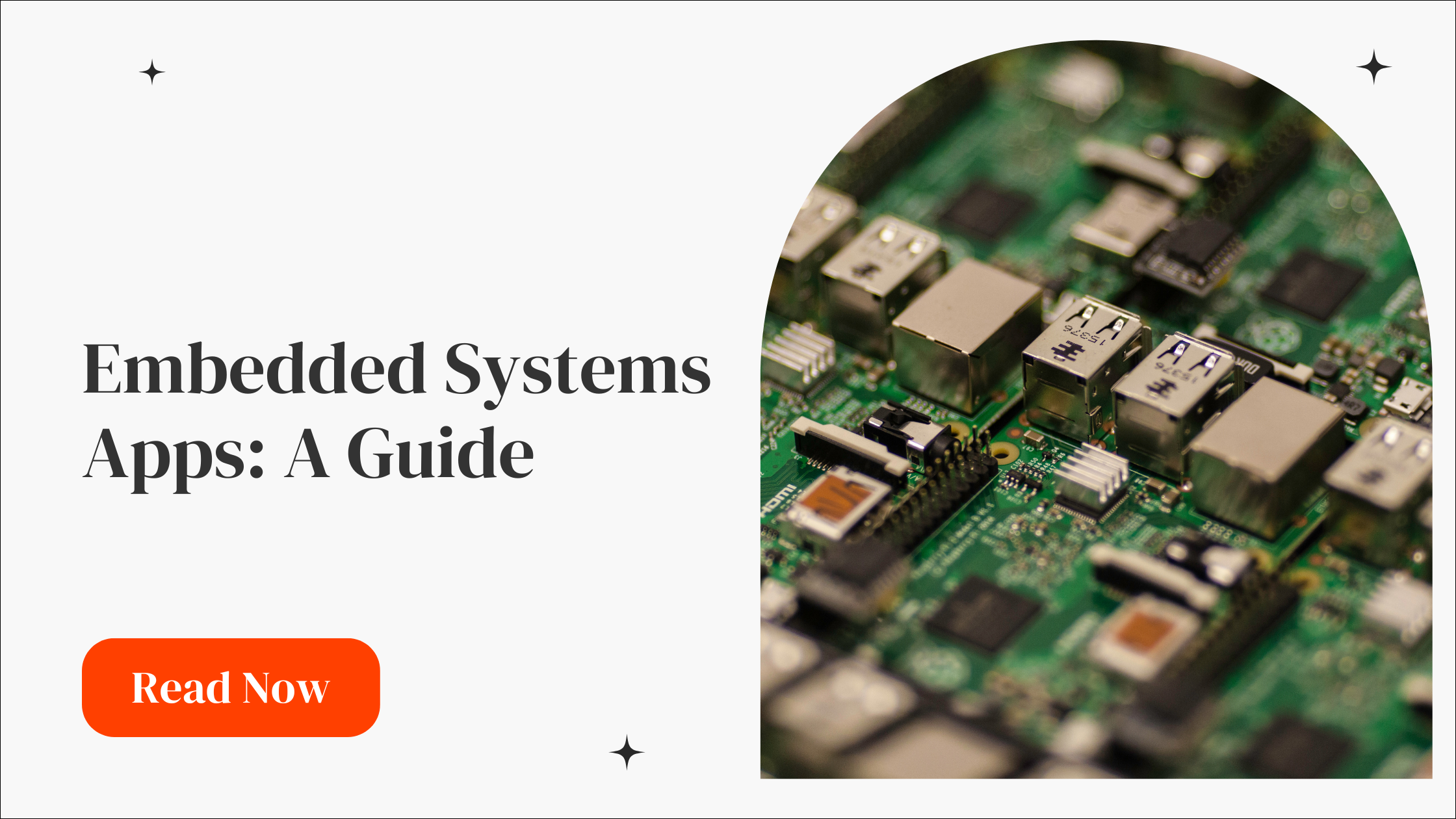
Embedded Systems Apps: A Guide
Discover what embedded systems are, their core hardware and software components, real-world applications, and how these apps impact product performance.
Read more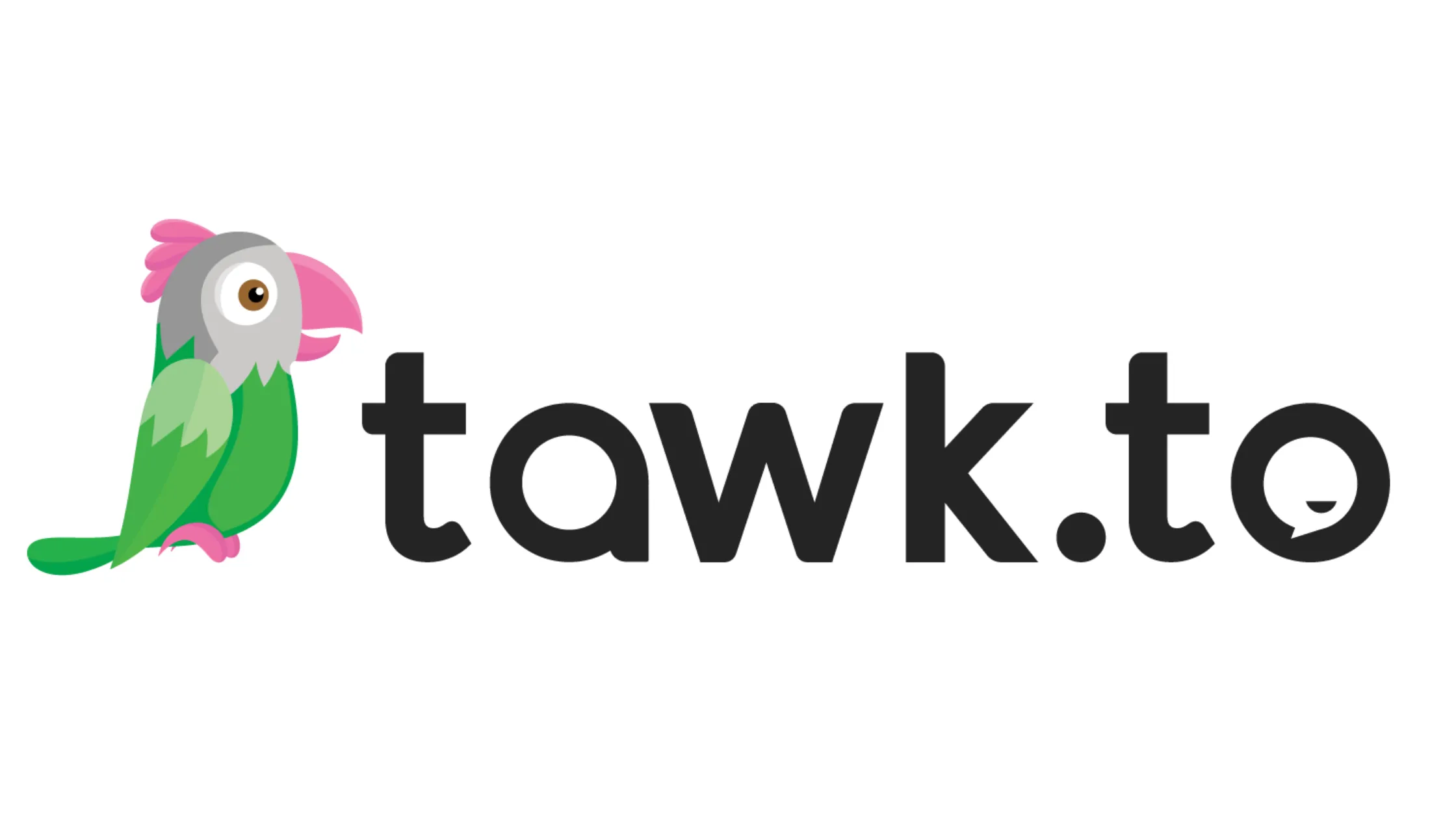
How Tawk.to Can Boost Your Startup’s Customer Support Game
Learn how Tawk.to can benefit startups by enhancing customer support and engagement. Perfect for early-stage founders!
Read more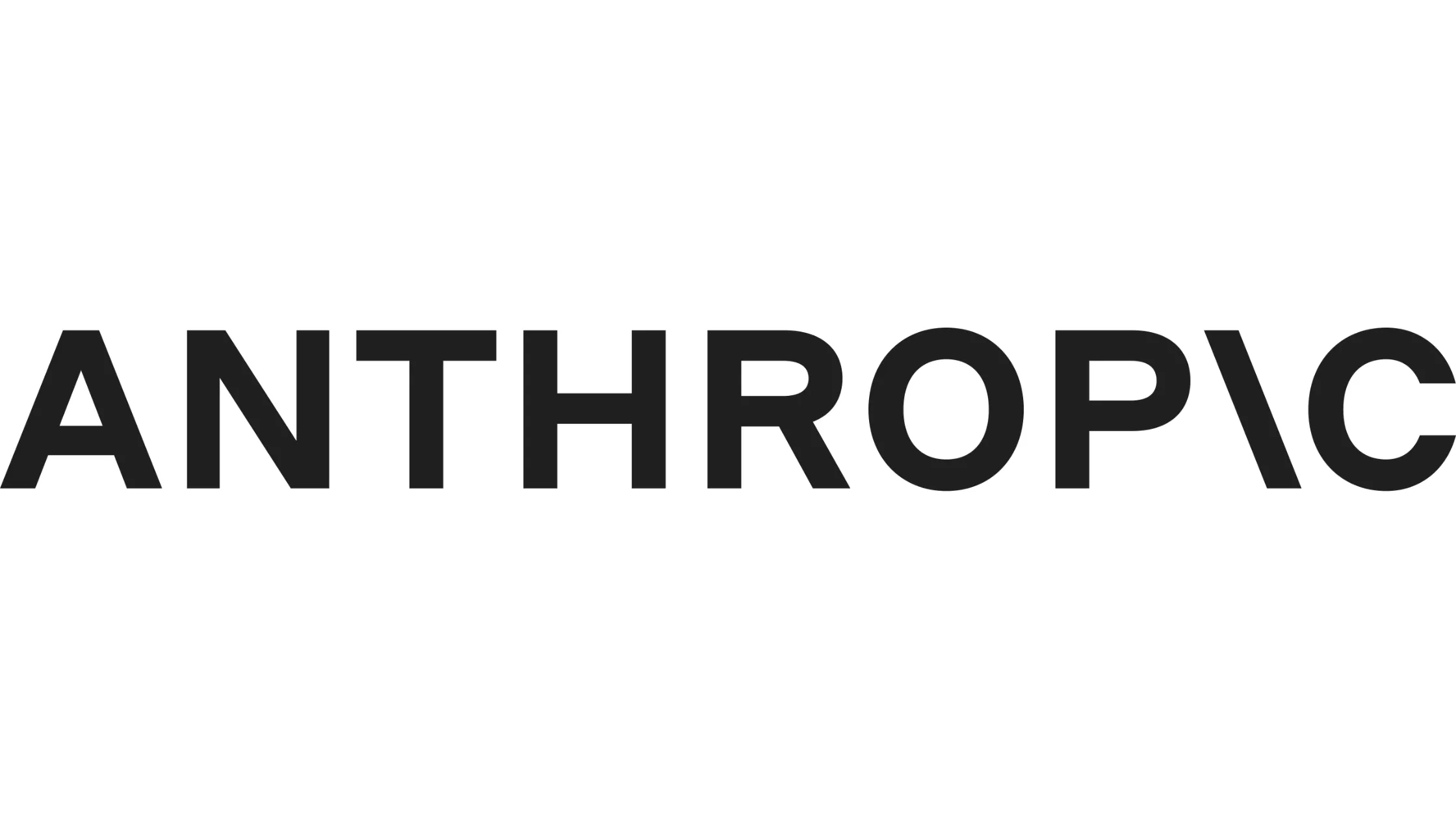
Grow Your Startup With Anthropic's AI-Powered Tools
Discover how Anthropic's cutting-edge AI tools can accelerate your startup's success. Learn about their benefits and see why they can be trusted by startups.
Read more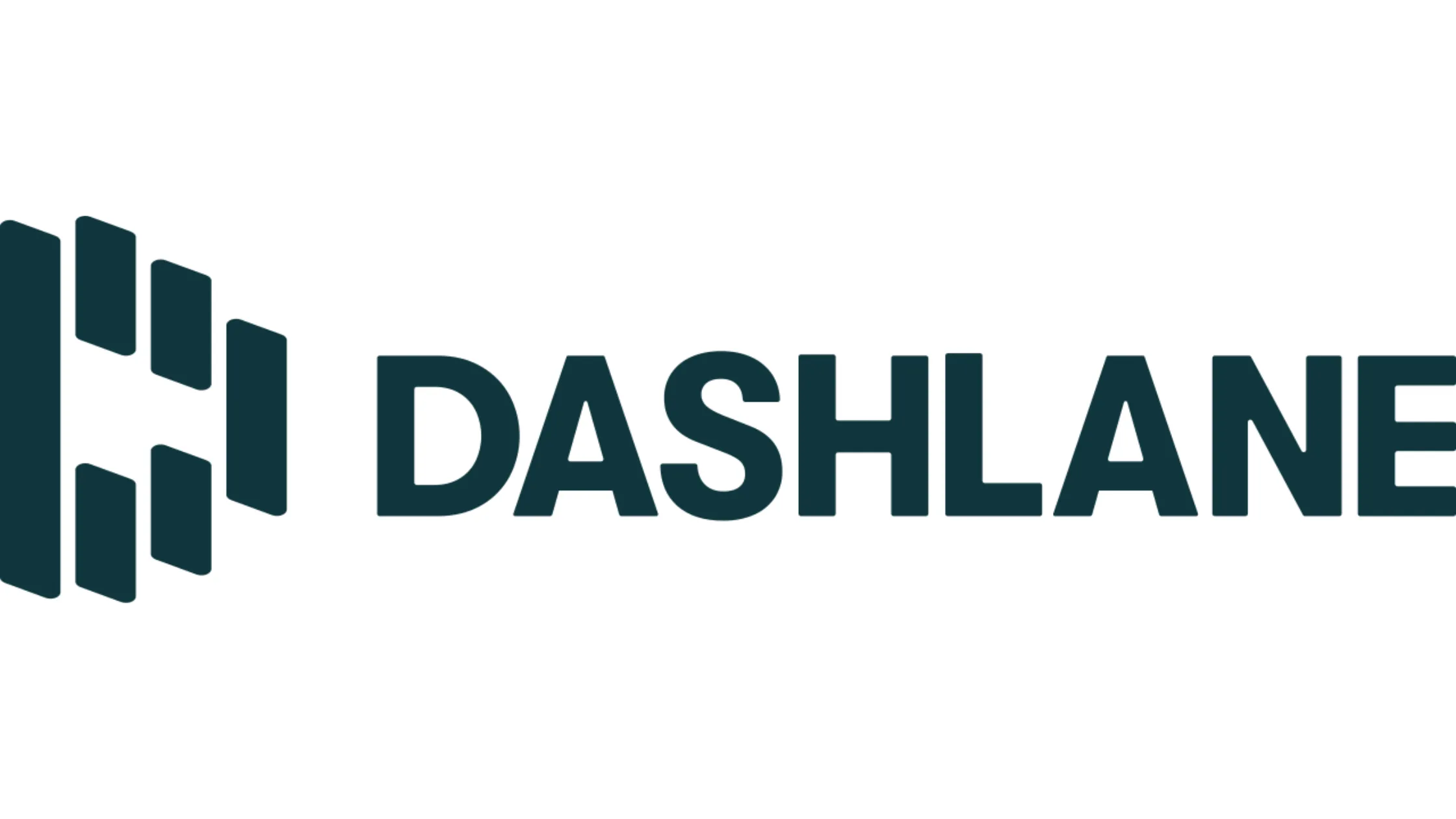
Dashlane
Simplify password management and security for your startup with Dashlane. Discover how it protects your data, scales with your team, and boosts efficiency.
Read more
How Startups Can Leverage OpenAI’s API for Growth
Learn how startups can leverage OpenAI’s API to automate tasks, boost productivity, and build smarter apps without breaking the bank.
Read more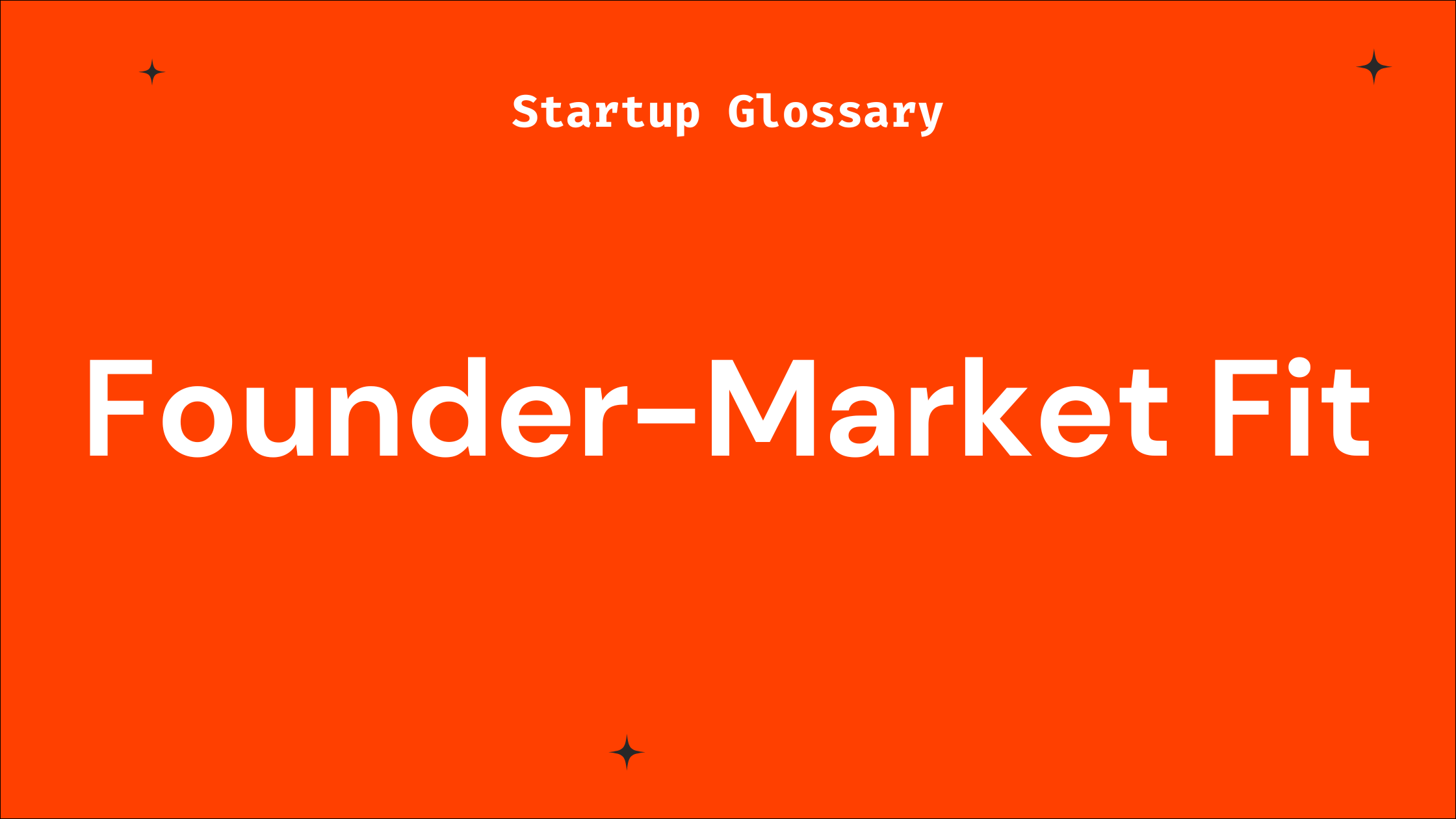
What is Founder-Market Fit?
Founder-market fit is the secret ingredient behind startup success. Learn what it is, why it matters, and how to achieve it as a founder.
Read more
What is Equity for Startup Founders?
Learn what equity is, why it matters for startups, and how to allocate it effectively. A beginner's guide for startup founders.
Read more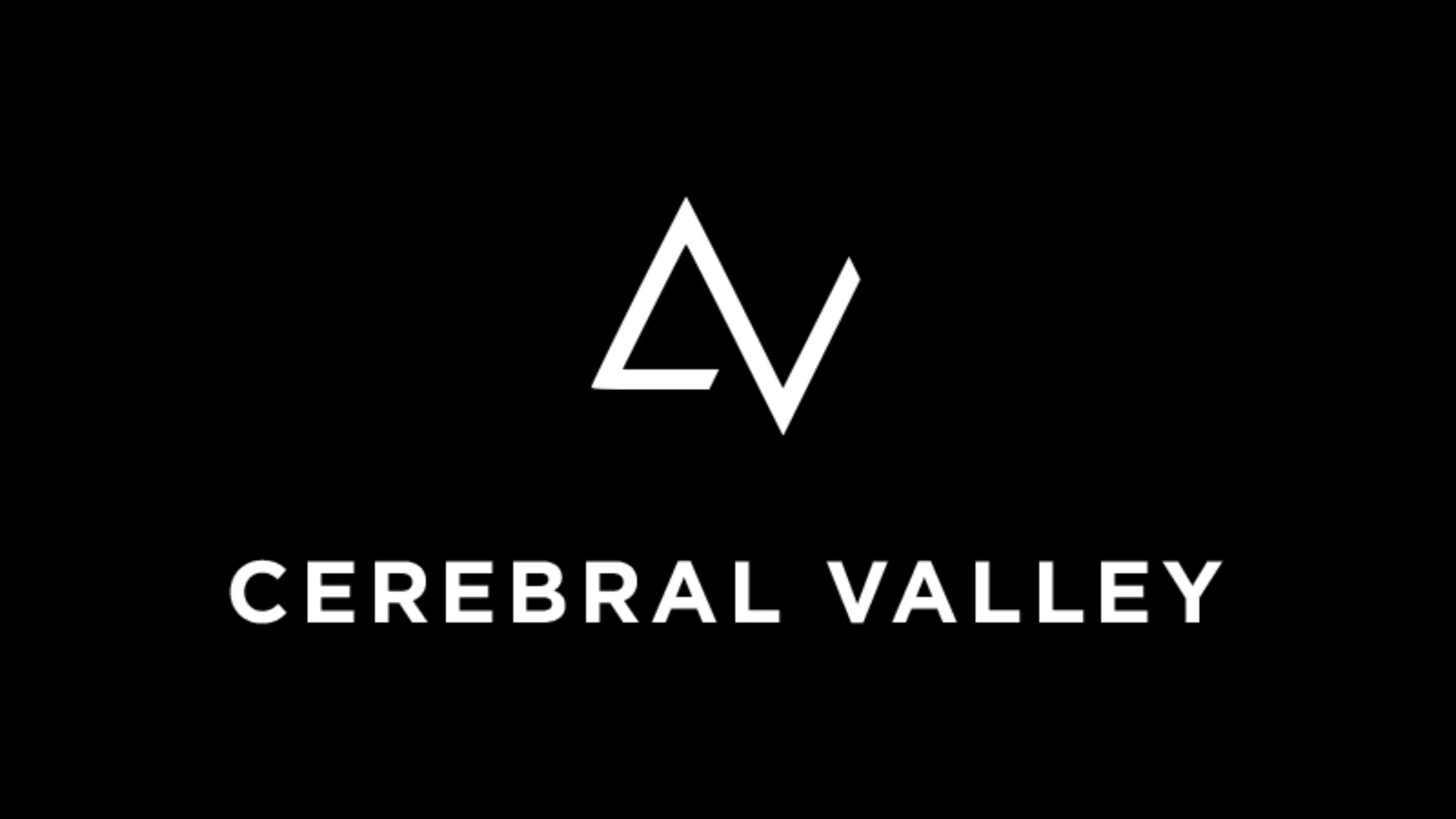
CereberalValley.ai
Explore CerebralValley.ai, the essential community for AI startups. Connect with AI experts, access resources, and network with investors to accelerate growth.
Read more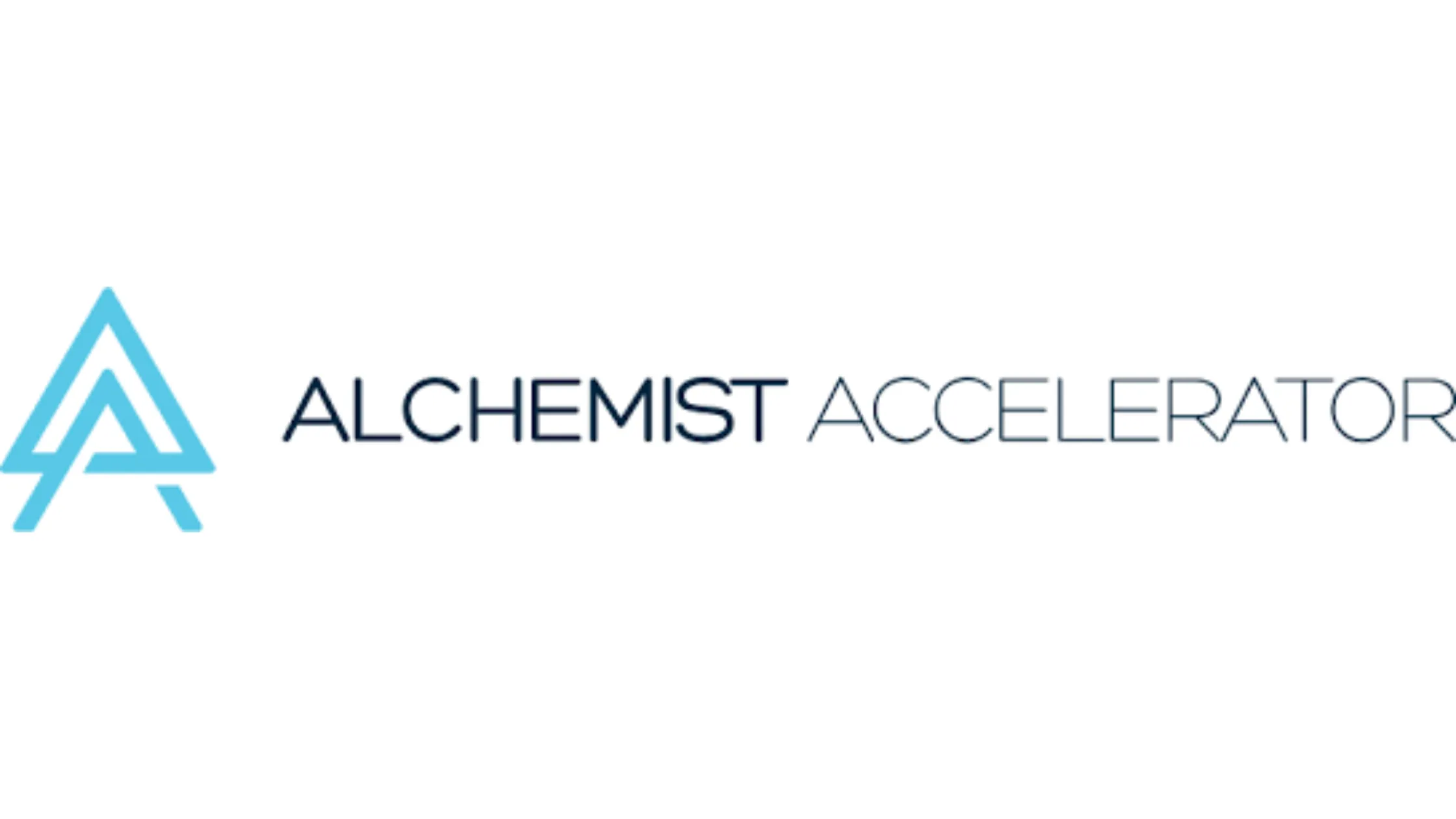
Alchemist Accelerator
If you're a B2B startup, Alchemist is by far one of the greatest communities that can accelerate your startup. Highly recommended!
Read more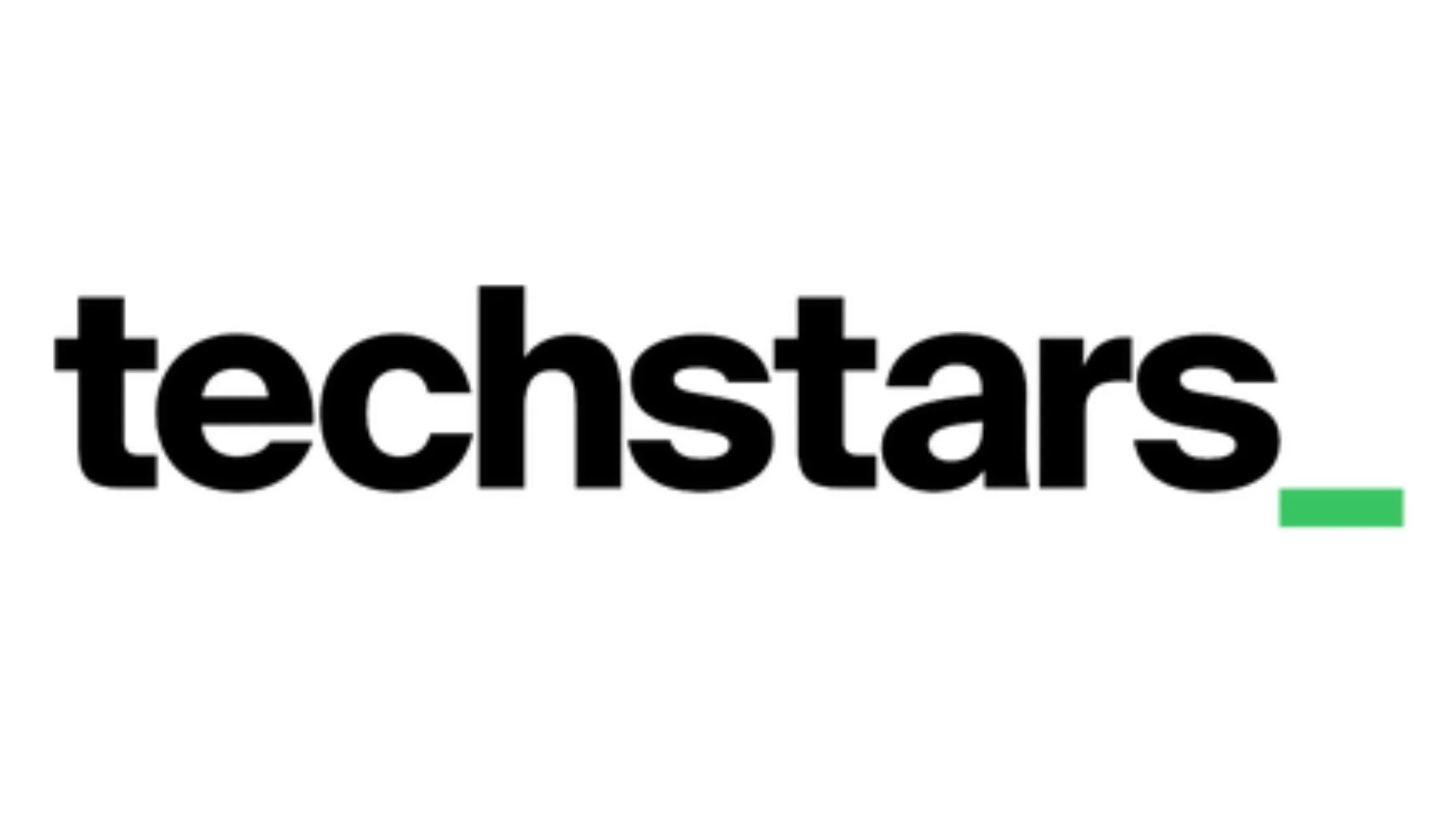
Techstars: Launching Pad for Tech Startups
Discover how Techstars, the premier startup accelerator, can supercharge your venture with mentorship, funding, and a global network of innovators.
Read more